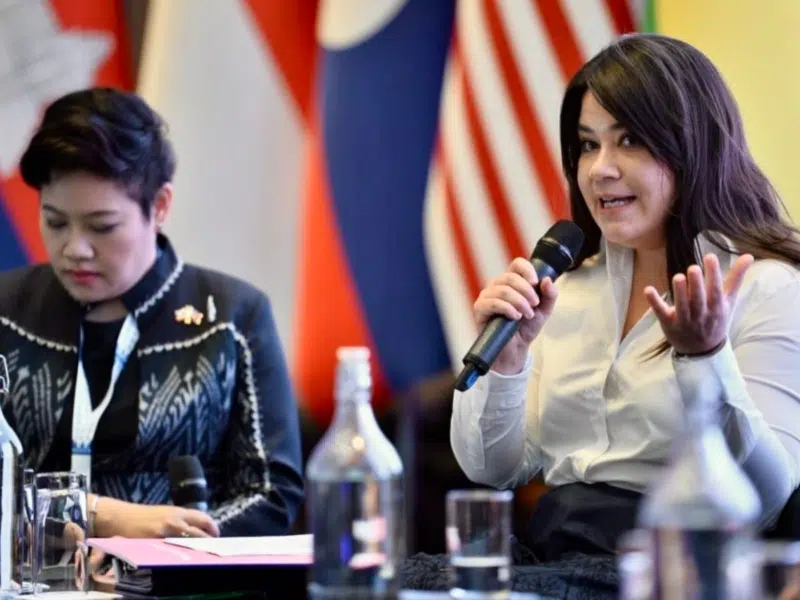Spain advances privacy-preserving solution for age verification
The Spanish Ministry of Digital Transformation on 1 July launched “technical specifications for age verification”, with an app allowing users to obtain tokens proving they are over 18 that can be used to access pornography sites.

“We welcome the commitment of the Spanish regulator to address this issue which is a critical component to ensure age-appropriate experiences for children online,” said 5Rights Executive Director Leanda Barrington-Leach. “It is positive that more stakeholders are working on practical solutions that are effective and rights-respecting. We hope this will contribute to the development of a robust regulatory framework for age assurance systems based on best practice as set out in the industry standard IEEE 2089-1.”
When age-assurance systems are in place, they should meet the following minimum standards:
- Adhere to data minimisation in order to be privacy-preserving, only collecting data that is necessary to identify the age, and age only, of a user
- Protect the privacy of users in line with GDPR and other data protection rules and obligations
- Be proportionate to the risk of harm arising from the service, or a feature of the service, and the purpose of the age assurance solution used
- Be easy for children to understand and consider their evolving capacities
- Be secure and prevent unauthorised disclosure or safety breaches
- Provide routes to challenge and redress if the age of a user is wrongly identified
- Be accessible and inclusive to all users, particularly those with protected characteristics
- Do not restrict children from services or information that they have a right to access
- Provide sufficient and meaningful information for a user to understand how the age assurance system works, in a format and language they can easily understand – including children
- Be effective in assuring the actual age, or age range, of a user
- Anticipate that users may not tell the truth, and do not rely solely on this information.
Effective age verification is a necessity for access to products and services that are legally restricted by age, such as pornography or gambling. Age assurance more broadly, including age estimation techniques, is an important starting point to provide age-appropriate experiences; it should not be used to shut children out, or instead of age-appropriate design of service. In many cases, making services safe for the youngest users is a preferable option that precludes the need for knowing age.
Recommended Reads

From Indonesia to ASEAN: building momentum for children’s rights online in Southeast Asia
Governments and experts convened at the ASEAN ICT Forum on Child Online Protection in Kuala Lumpur, setting the stage for a renewed Regional Plan of Action that embeds safety-by-design principles. ASEAN member states are set to adopt a renewed…

European Parliament resolution reaffirms commitment to children’s rights online
The European Parliament has adopted its Resolution on the Protection of Minors Online: a decisive commitment towards children’s rights online and a critical acknowledgment of the importance of robust enforcement.

Canada at a crossroads: protecting children in the age of AI
As Canada redefines its approach to artificial intelligence and technology governance, recent developments highlight that safeguarding children and their rights should be fundamental to the country’s digital future.

Leaders at Nigeria’s Online Safety Forum call for a digital world that protects children by design
At the Lagos Online Safety Forum, 5Rights Trustee Dorothy Gordon urged Nigerian policymakers to move from commitment to implementation – designing digital experiences that respect children’s rights, safety and privacy by default.
